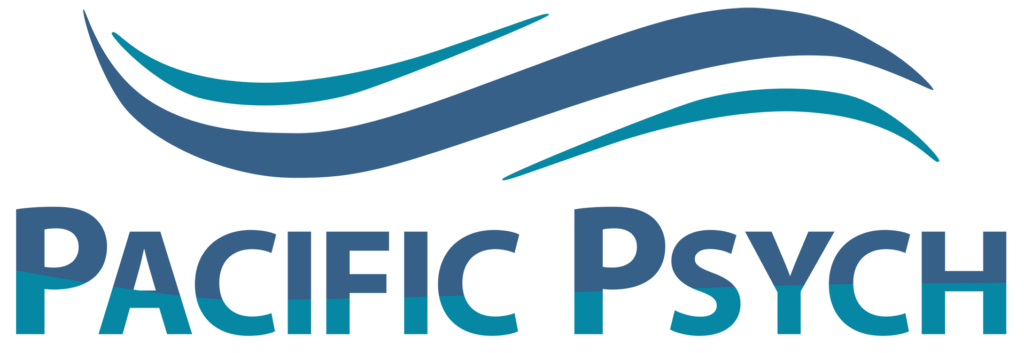This is part one of a five-part series on psychedelics as treatment for depression. Check back next week for part two.
Recently, there has been a growing focus on the use of psychedelics for depression treatment. There is still a lot of research to be done, but so far, the studies have been promising. Several different drugs fall into this category, but there are three that are the focus of these depression and PTSD treatment studies: ketamine, MDMA, and psilocybin.
It may seem like a stretch of an idea to some, but it’s proven that in certain, highly controlled situations, these mind-altering drugs can actually help with the symptoms and treatment of depression and other mental health conditions. In fact, so many studies have been successful in the field of psychedelics for depression that MDMA is on the shortlist for FDA approval, and ketamine and others likely aren’t far behind.
Of course, for as many skeptics, there are people desperate for relief. Some have spent years trying to find help to no avail, taking medication after medication and seeing one therapist after another only to still have the same level of depression as they started with, or worse, in some cases, because of the added frustrations and discouragement of failed treatments. For these people, the use of psychedelics for depression treatment offers something different: hope.
In this series of articles on psychedelics for depression treatment, we’ll discuss the case for the use of each of these psychedelics and their role in helping depression treatment. In doing so, we hope to offer you a better understanding of your options, or the options for a loved one in your life that you are trying to help. As with anything, if you think this is something you want to consider, make sure that you talk to a doctor before taking anything or trying any new treatment for your depression.
With the risks, side effects, and other hassles of antipsychotics, including the sometimes endless struggle to find what works, many people are looking for a better way. Could psychedelics for depression treatment be that solution? Let’s find out.
The Use of Psychedelics for Depression Treatment
The way that psychedelics react in the body and the brain is part of the reason that they were considered for assisting with the treatment of various mental health conditions. The basic premise, which we’ll get a little more into later, is that these drugs can essentially “speed up” the psychotherapy process or otherwise break down barriers that are impeding progress. What’s not to love?
While several people are still using these drugs recreationally to get high, there are plenty of studies that are ongoing as to whether or not any psychedelics or psychoactive drugs can assist with various mental health conditions, including depression. In one study involving a patient with terminal cancer who sought the experimental trial simply because she had nothing to lose, the results were exactly what researchers had hoped:
When her husband was brought into the room, near the end of the session but before the psilocybin actually wore off. He was amazed to see, what he reported as “My Pammy, […] she was totally happy.”
Studies and Ongoing Research
Scientists have been researching the use of MDMA, hallucinogens, and other drugs for therapeutic benefits since the 1940s. One of the most famous examples is the studies done in the 1960s at Harvard, using LSD and psilocybin in experiments to test the effects on various mental and physical conditions. However, after the drugs were criminalized at the federal level, the research all but ceased because access to the drugs was nearly nonexistent.
If you have no drugs, you cannot study their effects on people. Thus, for several years, this topic went under the radar, with only a few studies ongoing as they could acquire the approval to use the substances. Some people tried the substances on their own after hearing studies had been done. In the 1980s, though, the research kicked up again and now it is stronger than ever before, and we can better research psychedelics for depression treatment.
Talking to Your Doctor
If you’re curious about the effects of MDMA and other psychedelics on your depression and whether it could be a viable treatment, we have to first tell you that this treatment has not yet been approved by the FDA. Therefore, the only people receiving any type of treatment are those involved in clinical trials, which are difficult to find.
Still, you should talk to your doctor about any potential alternative treatments and to figure out the best course of action for treating your depression. One thing is certain, though—with the promise shown, it likely won’t be long before these psychedelics for depression treatment are more readily available to people who have exhausted all other avenues.

